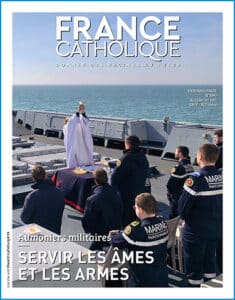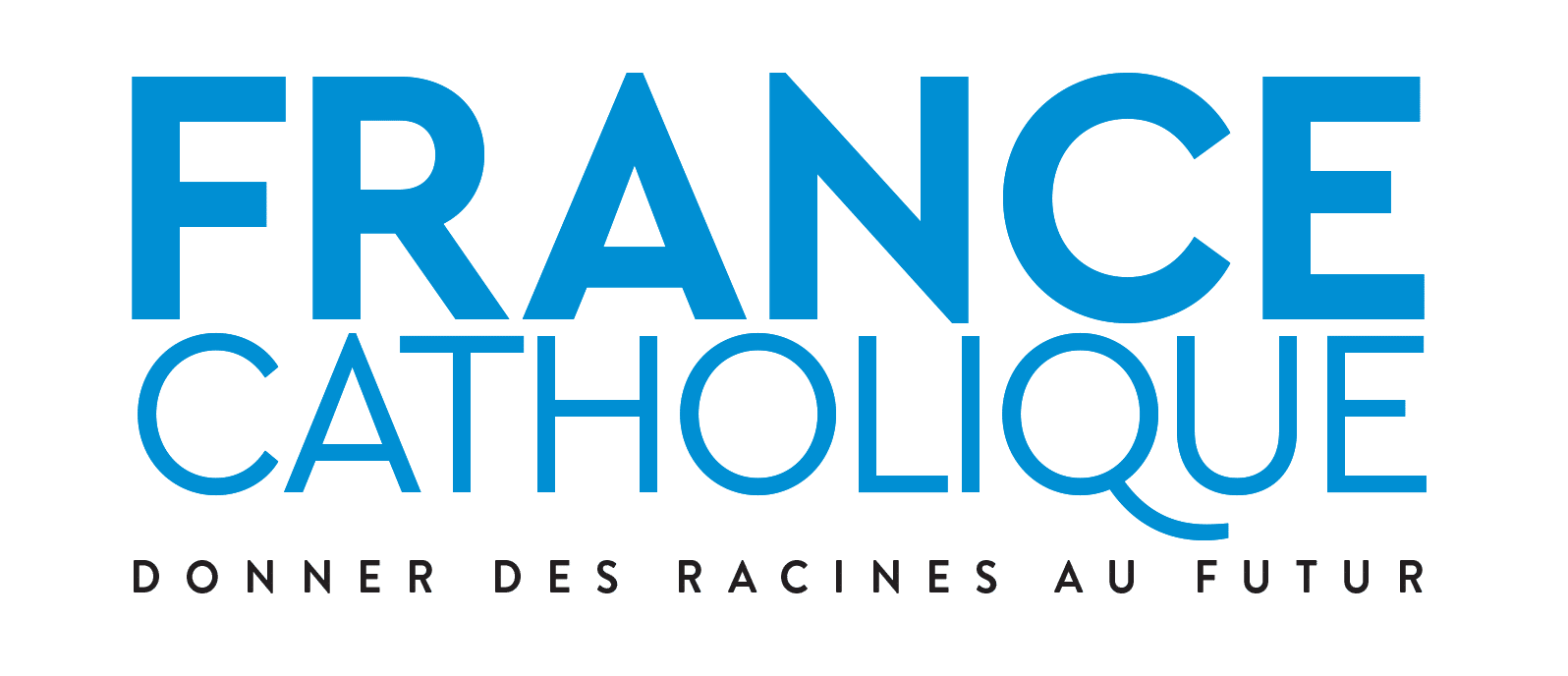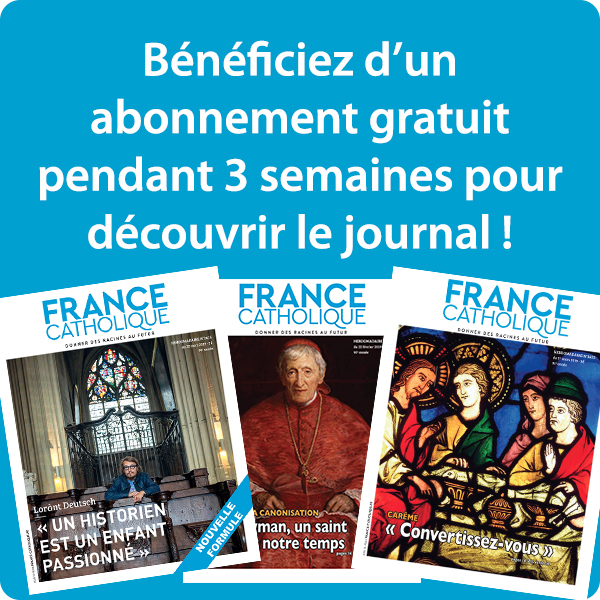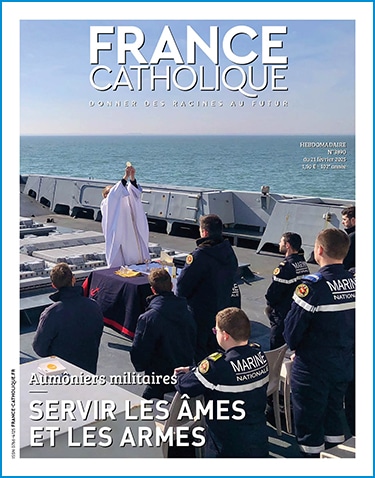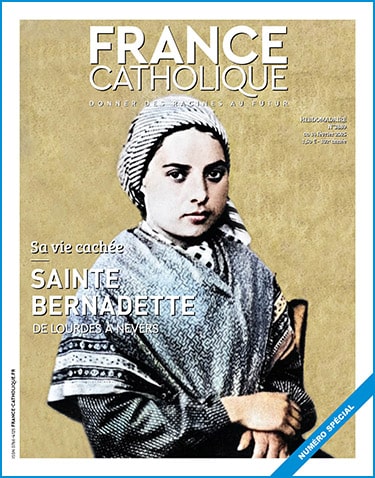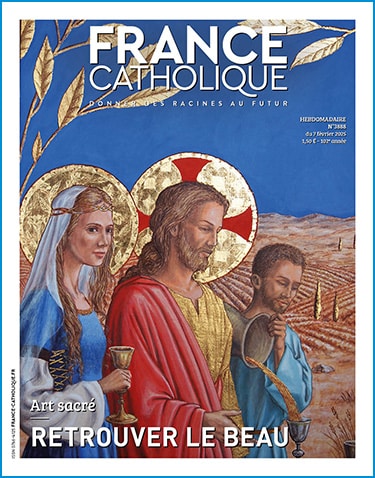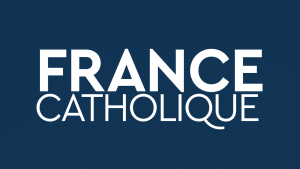At that time, we lived in a house on the edge of the woods. In order to reach it, the horse had to labor along the winding, climbing, roughly paved road. We had to get down from the cart to make it lighter. Then suddenly, after a turn, we could see Rozvilio, framed by a pair of holly bushes. The beautiful manor house was before us, and to the east, rose forest-covered hills. We had reached the world’s end. Later, I learned this faraway country’s name: Brittany, where Mount Arrée and the Black Hills met, the so-called meneziou of Poher.
The superb name of the forest was « Forêt de Duhaut », and to get there you had to take a footpath down to the Dourdu (black water) creek. We hopped across it on boulders set in the water, which were named « Gallic bridge », though this ford was set way back before the Gallic period, my father would say it was the gate to the « Megalith country ». Further on, we could see the Toul an Urs dolmen — « The bear’s cave » — and we would go hiking, climbing up to « Saint Servais’ tooth, an impressive menhir, a monilith, whose top could be seen above the trees from our home. There were small menhirs and granite boulders but couldn’t tell one from the other. They were scattered among the briar bushes and there was gold dust in the sand under the briar.
We spoke French at home but we lived in a Breton-speaking environment. During dinner, our parents would also teach us the Breton language; we were required to say: « bara marplij, dour marplij », « bread, water, please ». During these years, I heard the Holy Mass in Latin, but the homily and hymns were in Breton.
Therefore, before the age of five, my eyes and ears were open to the people of the megaliths and the culture of the Armorican Bretons. I learned the Latin of centuries of Christian culture as well as modern French. As a result I can welcome a different culture when I meet one, and appreciate it.
Our grand-aunt taught us « good morning, Good God », the morning prayer for children. That is why as a toddler, I knew that God is good. One time, we attended a « Pardon” (an important religious celebration in Brittany), in the town of Penity. I have an almost perfect recollection of the day. I was positive that the path to Heaven went through Penity.
Childhood does not last forever. Time passed with joyful as well as dark periods. Joy and hope came back after my second conversion. When I was thirty, I met a group of people from the « Renouveau charismatique » (a new charismatic Catholic community) and I was led to ask for the outpouring of the Holy Spirit. Since that day, I have endeavored to open the gates of hope to those who had never heard the Good News.
Although I was unaware of the new trend concerning evangelization, through meetings and opportunities and with the grace of the Holy Spirit as a member of the Community, I made the decision to go and spread the Gospel among all cultures.
The conversion made me wonder: « Am I on the right trail, am I on the way to bring joy to others on the earth, and, beyond it, in Heaven? Won’t my new life be a bit dull.? » I had been living a rather reckless life but quite unexpectedly, my new life was a hundred times more reckless. The Holy Spirit was setting fire to my whole being, not consuming it, but totally changing my way of thinking, like the burning bush of Moses which was never consumed.
As a young attorney-at-law in Paris, I was elected first secretary of the « Conférence du Stage » (an association of French lawyers, elected for their oratory skills and eloquence). As a result, I was invited to speak in Brussels, Bruges, Ghent, Amsterdam, London and Rome. Later in my life, I visited, under very different circumstances and different goals, all the Western European countries as well as some Communist states: East Berlin, Poland, Hungary, and Slovenia. I travelled through European Russia, the Baltic States, Siberia as far as the Pacific ocean, and Kazakhstan. I was dispatched to the other side of the world to Canada, the U.S.A., Mexico, Nicaragua (then under the Sandinista dictatorship). Later on, I visited Colombia, Ecuador, Peru, Chile, Argentina, Uruguay and Brazil. In 1980, my wife Martine and I visited Western Africa: Senegal, the Ivory Coast and Upper Volta (now Burkina Faso). I was called to visit Cameroon, Rwanda, Burundi and Congo-Kinshasa and then, the Philippines, China, Malaysia, Singapore, Indonesia, Japan and Australia.
Visiting a country is not living there. I never spent longer than two weeks in one country, usually only one week. Except for Spanish, a little English and Portuguese, I was never able to learn the languages of the countries I visited. However I always attempted to discover and understand the culture as well as I could. I used to question the best experts, looking for the most appropriate books to read as a key to the culture of the country I was going to visit. I still have a huge pile of books. I taught myself courteous and useful phrases. For instance, I can say perfectly in Russian: « nyié znaïou, nyié ponimaïou, nyié gavariou », which means: « I don’t know, I don’t understand, I don’t speak. » I’m sure a few serious-thinking people will be shocked that I was quite content with very few words. However, it’s not as foolish as they think. I had neither the time nor the memory to learn the languages of all the countries I was bound to visit, so why not try and learn a few words? A few kind words are always appreciated.
This kind of respectful approach to another language, to another civilization, is a key to open many, many hearts! One might think that speaking English, the « international language » means that one is open to other cultures but I try to let people know that their country which is so different from mine, deserves to be discovered; that it is unparalleled in the history of the world. For instance when we published a small magazine in Russia and Siberia over a period of several years, I did research and was able, through literature and the history of ideas, to understand the spirit of the Russian people.
After an extended period of traveling, discovering and meeting people in every corner of the globe, we were led to launch a new way of proclaiming the Holy Gospel: evangelization through the Internet. During the year 2010 our websites registered more than 700,000 visits. Today, working in a tiny office in a barge moored on the river Seine, near the « Pont de Neuilly » in Paris, I broadcast the Holy Gospel every month to more than one hundred countries, in sixteen languages, including Breton, the language of my boyhood.
These first pages will show you the road I took from the Breton menhirs to the Internet.
I am immensely grateful to Pier Goursat, the founder of the « Communauté Emmanuel », who turned me into a layman broadcaster of the Holy Gospel along with many other brothers and sisters of « L’Emmanuel ». I was lucky to be able to practice and learn various evangelization methods. From the very beginning of the « Communauté Emmanuel » Pierre knew that new tools would allow us, with the help of the Holy Spirit, to go further and higher than we ever dreamed, in the work of evangelization.
